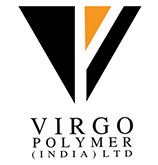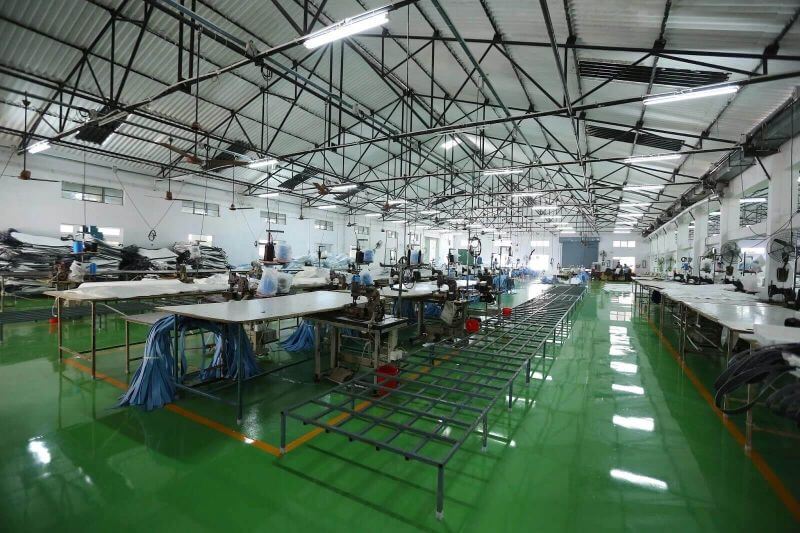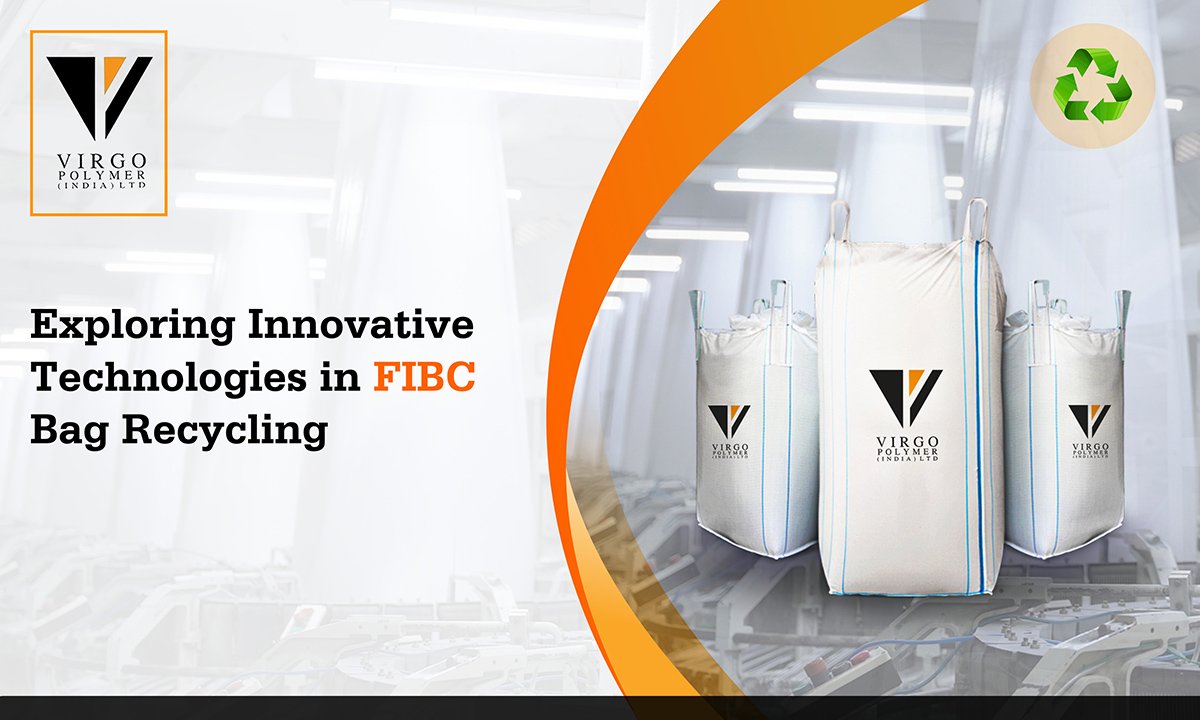



Bulk bags, sometimes referred to as large bags or flexible intermediate bulk containers, or FIBCs, are essential for the effective transportation and storage of bulk materials in a variety of sectors. With the increasing emphasis on sustainability on a worldwide scale, new technologies for recycling FIBC bags are becoming increasingly necessary. This blog digs into the newest breakthroughs in recycling technologies, shining light on how these innovations are transforming the landscape of FIBC bag disposal.
1. Advanced Sorting Mechanisms
Sorting materials correctly is one of the obstacles in recycling FIBC bags. Manual sorting is a common step in traditional recycling processes, and it can be laborious and ineffective. However the introduction of state-of-the-art sorting equipment has completely changed this recycling aspect. These days, sophisticated sensors, AI, and machine learning are used to automate sorting, improving precision and efficiency. By distinguishing between different materials, these systems make sure that FIBC bags are efficiently sorted and sent to the right recycling streams.
2. Methods of Chemical Depolymerization
Chemical depolymerization has shown promise as a recycling method for polypropylene FIBC bags in the context of the circular economy. Through this procedure, the polypropylene polymer chains are broken down into their original monomers, which can be utilised to produce new, high-quality products. Chemical depolymerization produces recycled goods with performance comparable to that of their virgin equivalents while simultaneously providing a closed-loop solution and preserving the material's integrity.
3. Innovations in Mechanical Recycling
Significant progress has also been made in mechanical recycling techniques in recent years. High-quality recycled polypropylene can be produced and impurities removed thanks to innovations in melt filtering and extrusion technology. These mechanical procedures aid in maintaining the material's strength and resilience, making it appropriate for uses requiring dependable performance. Consequently, FIBC bags can be mechanically recycled without sacrificing their quality, opening the door for new environmentally friendly packaging options.
4. Using Blockchain to Ensure Traceability
In recycling, traceability has become important, especially when it comes to making sure that FIBC bags are processed and disposed of properly. Recycling procedures are increasingly incorporating blockchain technology to create a traceable and transparent system. Every stage of the recycling process, from collection to processing and final product manufacture, can be tracked and validated using blockchain technology. This improves accountability and gives consumers and businesses the information they need to make decisions about how their packaging choices will affect the environment.
5. Using Recycled FIBC Materials for 3D Printing
A unique approach to FIBC bag recycling involves changing recycled polypropylene into filaments suited for 3D printing. Through this creative use, FIBC materials are given a longer shelf life and may now be used to create functional, personalised items. 3D printing with recycled FIBC materials demonstrates the promise and diversity of sustainable manufacturing technologies for everything from industrial components to packaging prototypes.
In conclusion, the review of novel technologies in FIBC bag recycling is evidence of the industries' dedication to sustainable practices. These technologies solve the difficulties associated with disposing of FIBCs and create new avenues for the development of a circular economy. Examples of these technologies include sophisticated sorting systems, chemical depolymerization, and 3D printing applications. The future of FIBC bag recycling is bright as more companies use these advances, bringing us one step closer to a society where resources are optimised and waste is reduced.
